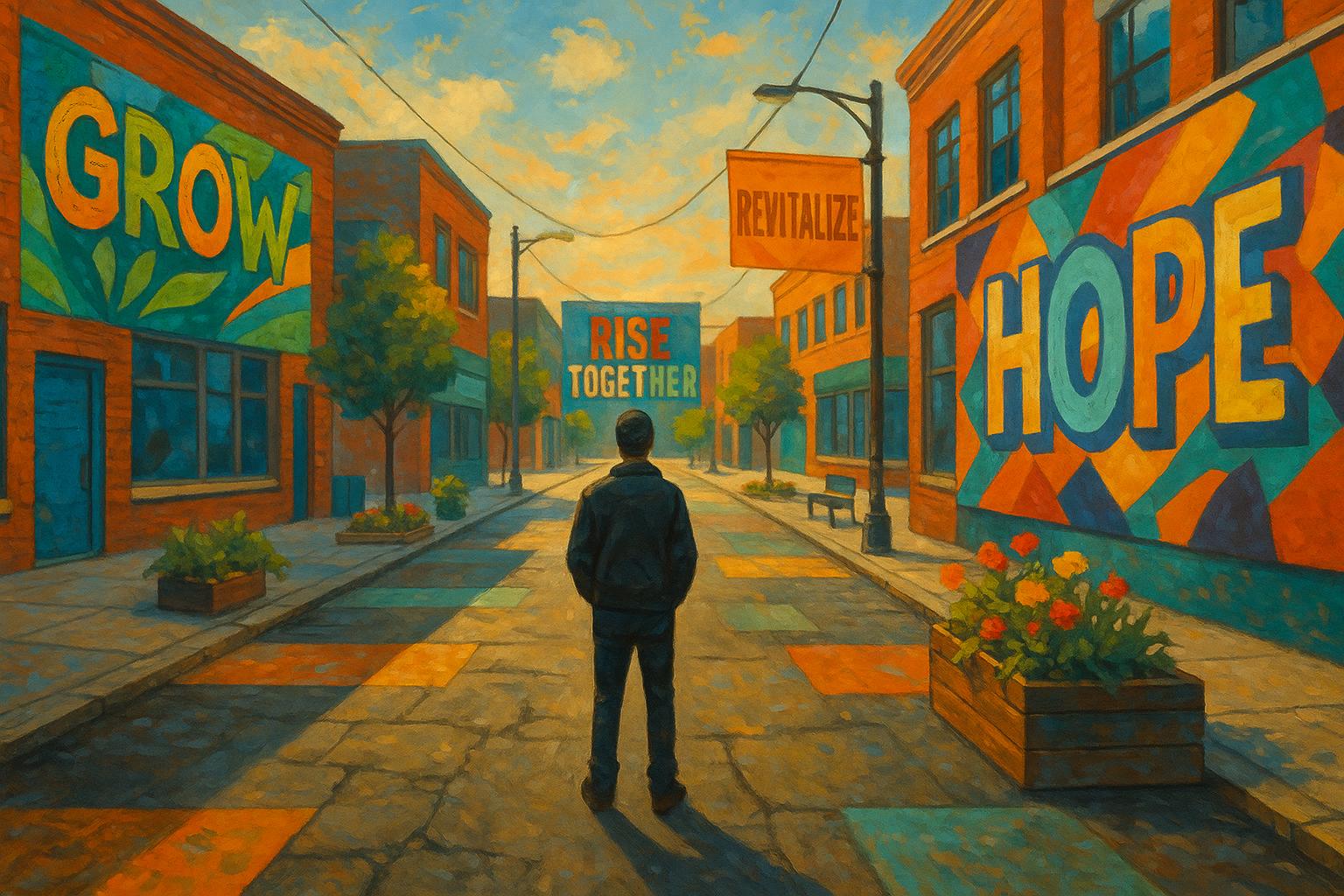The evolving landscape of economic and social development continues to draw significant attention, particularly as new frameworks for growth emerge in the post-pandemic world. Recent discussions highlight how strategic collaborations and innovations across various sectors are shaping a more resilient and inclusive economic future.
Central to these developments is the concept of open science, which is increasingly recognised as a powerful catalyst for economic expansion. By providing unrestricted access to scientific knowledge, open science fosters innovation and cross-industry collaboration, contributing to substantial economic gains. Historical projects like the Human Genome Project exemplify how open scientific endeavors can yield significant benefits, not only driving prosperity but also building public trust through transparency. However, experts stress that to fully harness this potential, dedicated policy reforms are necessary to support open science as a cornerstone of sustainable development.
Education stands out as another critical pillar underpinning social and economic progress. Research consistently demonstrates that prioritising education yields improvements in health, income, and cognitive skills—elements essential for breaking cycles of poverty and preparing individuals for meaningful employment. The emphasis lies on fostering abstract thinking and risk assessment abilities, which are crucial in today’s rapidly changing world. Effective transformation of education systems requires close collaboration among policymakers, educators, and researchers to address future challenges and advance equity.
Meanwhile, small and medium-sized enterprises (SMEs) have emerged as vital players in economic recovery, thanks largely to their swift adoption of digital technologies. The pandemic accelerated this digital transformation, enabling SMEs to enhance cash flow and reduce transaction costs through digital payments. Nonetheless, digital inclusion remains uneven, with cybersecurity posing a notable risk. Partnerships focused on boosting digital capabilities and resilience are pivotal, helping SMEs navigate these challenges and contribute robustly to economic revival.
In a regional context, the Gulf Cooperation Council (GCC) economies are witnessing a surge in infrastructure investments aimed at diversifying away from hydrocarbon dependence. This infrastructure boom spans transport, tourism, and social sectors, underpinned by increasing foreign direct investment and innovative public-private partnerships (PPPs). Regulatory reforms in countries like the UAE and Saudi Arabia aim to attract private sector participation, signalling an optimistic outlook for sustained infrastructure development in the region.
Urban environments in Europe also illustrate how digital technology and collaborative partnerships between governments and industries play a crucial role in responding to the evolving needs of city dwellers. The European Union’s substantial recovery package underscores the importance of such cooperation in enhancing urban resilience and quality of life post-pandemic. Through these partnerships, cities are better positioned to tackle social and economic disruptions, setting a blueprint for future urban development strategies.
Beyond these economic and social frameworks, cultural evolution is also gaining momentum, with cities like Singapore exemplifying the dynamic interplay between heritage and contemporary innovation. The local arts scene, invigorated by creative adaptations during the COVID-19 pandemic, demonstrates how cultural sectors contribute to both community identity and economic vitality. Artistic hubs and immersive public experiences underscore the evolving nature of urban culture, which in turn supports broader growth and social cohesion.
Together, these interconnected developments across science, education, digital transformation, infrastructure, urban policy, and culture reveal a multifaceted approach to fostering resilient, inclusive, and forward-looking economies. The challenges posed by recent global disruptions are being met with innovative solutions and collaborations that promise to shape a more equitable and prosperous future.
📌 Reference Map:
- Paragraph 1 – [1], [4]
- Paragraph 2 – [2]
- Paragraph 3 – [3]
- Paragraph 4 – [5]
- Paragraph 5 – [6]
- Paragraph 6 – [7]
- Paragraph 7 – [4], [1]
Source: Noah Wire Services
